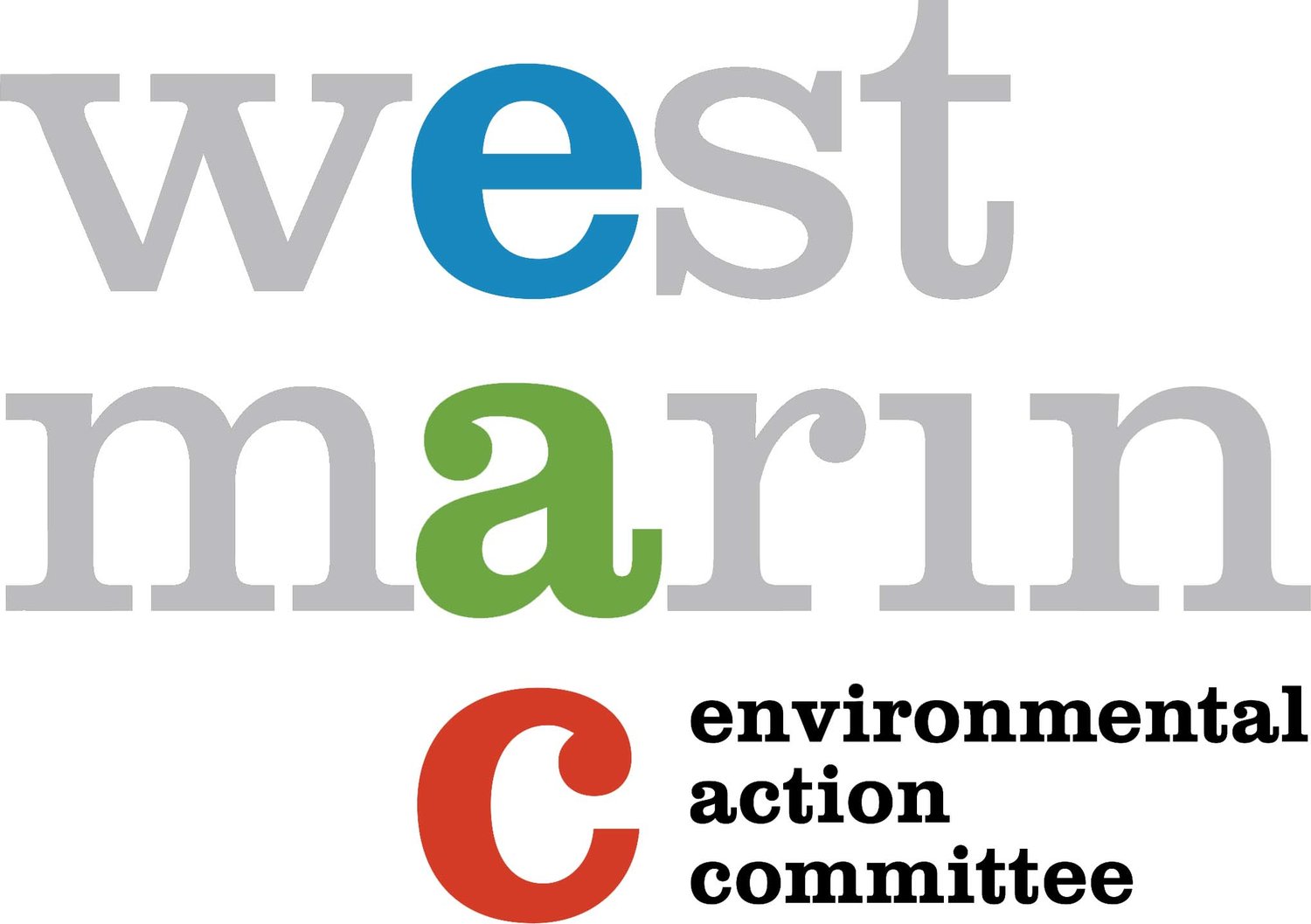The California Coastal Commission (Commission) evaluated the National Park Service's (NPS') draft Water Quality Strategy for the Point Reyes National Seashore (Seashore) on September 8, 2022. Leading up to the meeting, the Commission released their Staff Report on August 19th for public comment and input. The Commission received more than 18,000 public comments, with more than 17,800 requesting the Commission revoke the April 2021 approval of the General Management Plan Amendment (GMPA).
The Water Quality Strategy outlines the actions NPS will undertake each year to ensure that coastal resources are protected to the maximum extent practicable.
-
The Strategy is a required Condition of the Commission’s Federal Consistency Determination from April 2021 to ensure the GMPA is consistent with the enforceable policies of California’s Coastal Management Program–Chapter 3 of the Coastal Act–to protect, enhance, and restore marine resources, sensitive habitat, maintain healthy populations of species and biological productivity and quality of coastal waters, streams, wetlands, estuaries, and lakes.
EAC advocated for the inclusion of an annual report to the Commission regarding water quality in November and December 2020 to ensure that the implementation of the GMPA was transparent and that the objectives to improve water quality through best management practices included in the GMPA could be tracked over time and adjusted if water quality outcomes were not being met.
-
In spring 2014, NPS initiated the Ranch Comprehensive Management Plan (RCMP) for the approximately 28,000 acres of active beef and dairy ranching on NPS lands in Point Reyes and the north district of Golden Gate National Recreation Area. The RCMP was in response to a decision made by Secretary Ken Salazar in 2012 requesting the Point Reyes National Seashore to pursue long-term ranching and dairy leases. The planning effort was halted in 2016 due to litigation and then restated post settlement in 2017. The plan was finalized in the autumn of 2021 when the NPS issued its Record of Decision.
-
The Coastal Commission weighs in on matters, making a Consistency Determination when a federal agency activity affects the Coastal Zone. The federal agency submits a project description and analysis of the activity's coastal zone effects based on the policies of Chapter 3 of the California Coastal Act that is reviewed by Commission staff and Commissioners. Read more on EAC’s blog from December 2020
EAC’S PERSPECTIVE
Our ultimate goal is to prevent commercial dairy and ranching operations from negatively affecting the coastal resources of the Seashore and Drakes Estero Marine Wilderness.
The implementation of the controversial GMPA is complicated with many layers for the NPS team to review and manage. In order to discover potential problems and eventually eliminate negative impacts over time, it is essential to provide public openness in the long-term implementation of the GMPA. One way to help is with a comprehensive water quality monitoring program.
As we concentrated on the particular matter before the Coastal Commission—the evaluation and approval of the Water Quality Strategy —we were able to effectively campaign for specific items to improve the overall strategy and hold operators accountable who are in violation of leases or environmental regulations.
Where we understood the Water Quality Strategy to fall short, we advocated for changes. We met with environmental partners, and staff from NPS and Coastal Commission, and connected with the Regional Water Quality Control Board to discuss our concerns.
We were not able to support the Water Quality Strategy as submitted and asked the Commission to not approve the strategy unless additional items were added.
CONCERNS WITH THE SUBMITTED STRATEGY
-
Require all conditions to be satisfied that were agreed to in the 2021 Consistency Determination and in 2022 Coastal Commission Meetings
-
Include copies of the Ranch Operating Agreements; maps of pending and completed projects; and regulatory limits for water quality results in all tables, graphics, and charts in the annual report to improve public transparency in the implementation of the GMPA.
-
Expand the Strategy to define improved water quality, and set milestones to achieve in 5, 10, and 20-year timelines.
-
Commit to retaining long-term sampling metrics in the Strategy. Retaining metrics over time ensures comprehensive long-term monitoring and flag issues with any changed conditions
-
Require reductions in animals if existing operational infrastructure fails to meet regulatory water quality standards. In other words, if an operator cannot manage the manure of the operations livestock, the number of animals needs to be reduced to a level that the infrastructure is able to support.
-
Request NPS outline the process for the annual operational ranch inspections, who is present, which partner regulatory agencies will be participating, and when those inspections will occur each year.
-
Request the NPS to clarify what happens if an operator consistently fails to meet regulatory and GMPA standards as outlined in their lease agreement.
On September 7th, the evening before the hearing, the Commission Staff released an Addendum addressing several issues the public raised and clarification by NPS on items to meet the Commission’s conditions. We were glad to see that many of the issues we raised were included in the Addendum and agreed to by NPS at the hearing.
THE MEETING
Morgan Patton, EAC Executive Director, spoke on behalf of EAC and Neal Desai, National Parks Conservation Association (NPCA), Senior Director of Field Operations, encouraging the Commissioners to focus on some remaining high-level issues that were not addressed by the NPS or the Staff Addendum.
“EAC and NPCA are asking the Commission to ensure a comprehensive and transparent Water Quality Strategy and implementation plan to protect coastal resources.'“ - Morgan Patton, EAC Executive Director
Following hours of public comment, the Commissioners deliberated on what steps to take, taking into consideration the ongoing concerns of environmental and operational problems within the Seashore–most notably the ongoing issues with wastewater processing and manure management. Some important points here included clarification on enforcement jurisdiction of the County of Marin Environmental Health Services, Regional Water Quality Control Board, and the Coastal Commission regarding environmental violations. Clarification on these points is especially meaningful to have all the agencies on the same page and working collaboratively to resolve issues.
The Commissioners were split on their role related to the Seashore’s ranching plan and discussed what it would mean if they reconsidered the April 2021 Consistency Determination. A slight majority of the Commission argued that their continued annual engagement with the NPS was constructive and would ensure the protection of coastal resources. The minority opinion could be summarized that the operations will not be able to come into compliance as planned, so revoking consistency should be the pathway forward. Overall, the sentiment of the Commission is that the entire plan is a tough pill to swallow.
Two Motions
The Commission held two very close votes that highlights their overall concerns with the GMPA and confidence in the plans ability to protect coastal resources over time.
-
Motion by Commissioner Hart to not approve the Water Quality Strategy and set a future hearing date to reopen the Consistency Determination and begin the process to demonstrate that NPS has failed to meet the requirements of the Conditional Concurrence.
Vote: 6 No / 5 Yes = Failed
-
Motion by Commissioner Brownsey to approve the Water Quality Strategy with modifications:
Annual informational meeting to review the annual Water Quality Monitoring Report in detail with specific discussion on actions taken on Best Management Practices, including reductions in livestock; and lease violations and actions taken by NPS to resolve those violations;
Discussion on the climate action plan;
Discussion on Funding and budget considerations to better understand the feasibility of the plan.
Chair Brownsey noted that if the NPS was not responsive to these recommendations, then later the Commission could consider reopening their approval of the plan.
Vote: 6 Yes / 5 No = Passed
NPS also agreed to post up-to-date information on their dedicated webpage including copies of final ranch leases and the Water Quality Annual Report to the Commission.
We would also like to see the annual inspection reports by partner local and state agencies, real-time water quality sampling results, and timelines when the annual water quality report will be submitted to the Commission. However, we are seeking additional clarification on these items.
What’s Next
Despite the NPS being entangled in a lawsuit, they are moving forward where they can to implement aspects of the GMPA and Water Quality Monitoring Strategies.
-
Short-term leases are in the process of being finalized with ranchers–many were completed in September and in some cases will be complete by October 15–that will include best management practices to protect park resources and water quality. Once leases are finalized and signed by all parties, they will be posted online for public review.
-
Range Mangers and field teams are in the process of assessing drought conditions and residual dry matter (RDM) conditions on the ground. NPS links to updated RDM data:
-
Operations noted in the Water Quality Strategy as requiring corrective actions by the Regional Water Quality Control Board Waste Discharge Requirement Program will be reviewed by November 2022 deadline. References on page 13 of Coastal Commission Staff Report and in the NPS Water Quality Strategy.
-
This was the site of a bulldozer damaging riparian habitat in 2021. The exclusion fencing has been installed and some vegetation planting has occurred at this location.
-
In 2021 there were two separate incidences of cattle dying after getting stuck in the mud in Drakes Estero wetlands at the end of Bull Point Trail. The funding has been awarded for the materials and fencing installation that will include pedestrian gates and crossings. The timing for the installation is not finalized yet.
-
The weekly sampling will continue in partnership with EAC through October 31. Then during the off season the program will shift to monthly sampling at these locations. EAC and NPS are in discussion on schedules and coordinating sampling after 1 inch of rainfall to obtain wet weather results for these sites. EAC is currently recruiting volunteers to assist with this sampling. If you are interested in helping, complete this online form.
-
Read the NPS Water Quality Strategy details for all the details on testing locations and parameters. EAC will be creating an internal chart to review implementation progress in the coming months.
We will continue to keep our community updated on the opportunities for public engagement on the implementation of the GMPA in the coming weeks and months.



